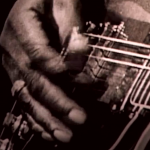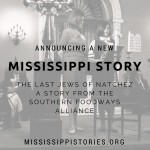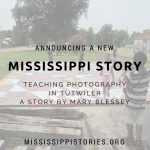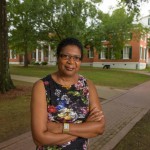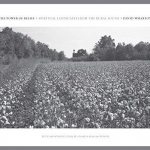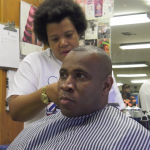
The best-known setting for William Faulkner’s work is of course the fictional Yoknapatawpha County, set in the hills of North Mississippi, but Faulkner also spent time in the Mississippi Delta, both in person and on paper. In various ways, Delta natives and those with close ties to the alluvial region—such as Ben Wasson, William Alexander Percy, and Phil Stone—significantly affected Faulkner’s life and career. As a result, the Mississippi Delta’s impression on Faulkner influenced much of his fiction in the 1930s and ’40s. The Delta crops up in novels such as The Wild Palms, Go Down, Moses, and Absalom, Absalom! and in stories such as “The Bear,” “Red Leaves,” “A Justice,” and “A Courtship.” Unfurled, these novels and stories present a Faulknerian history of the Delta, and in “The Delta and Yoknapatawpha: The Layering of Geography and Myth in the Works of William Faulkner,” Phillip Gordon bridges the narrow divide between these two Mississippi regions that were so significant to the work of Mississippi’s most celebrated author.
